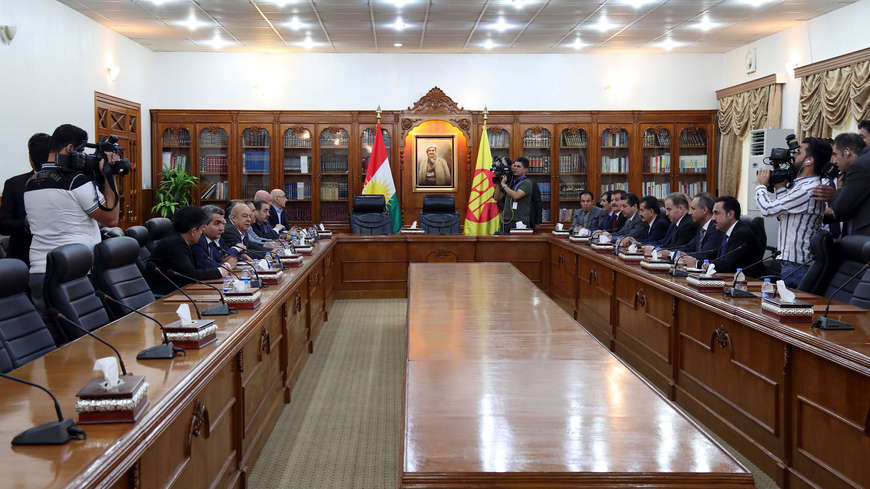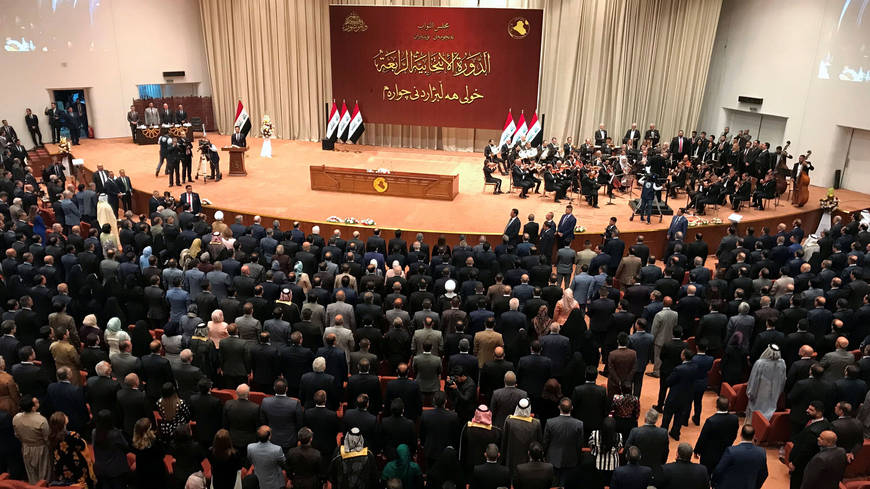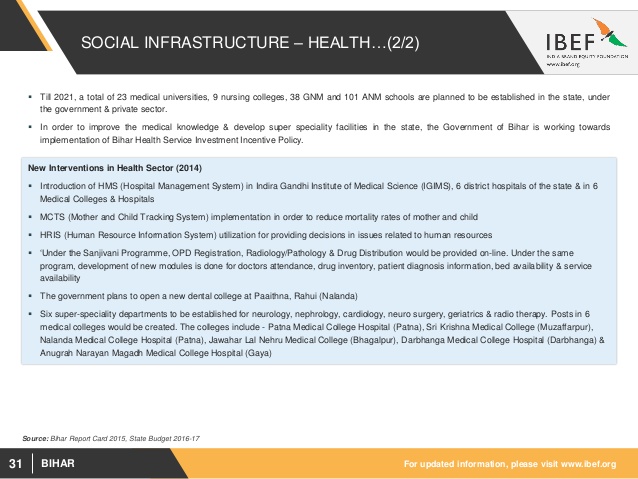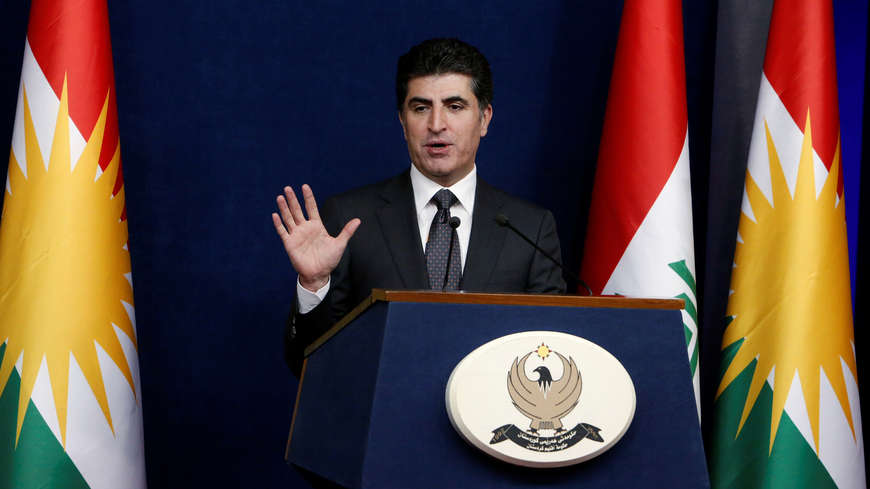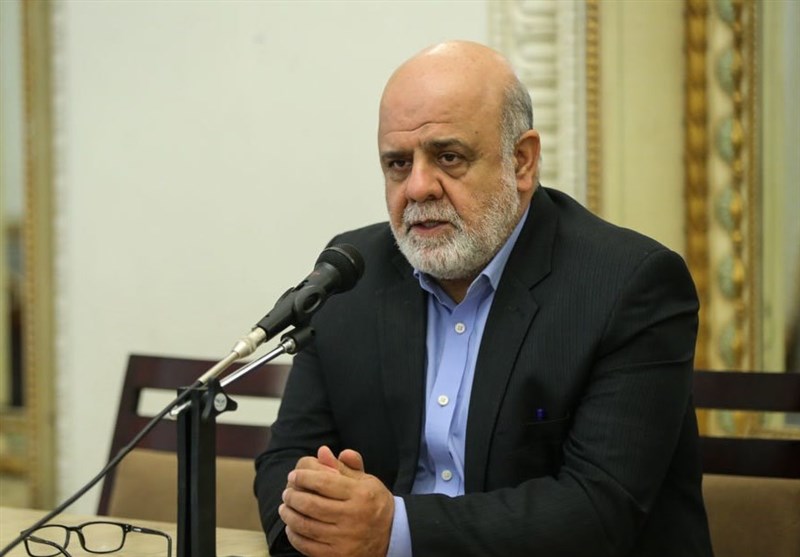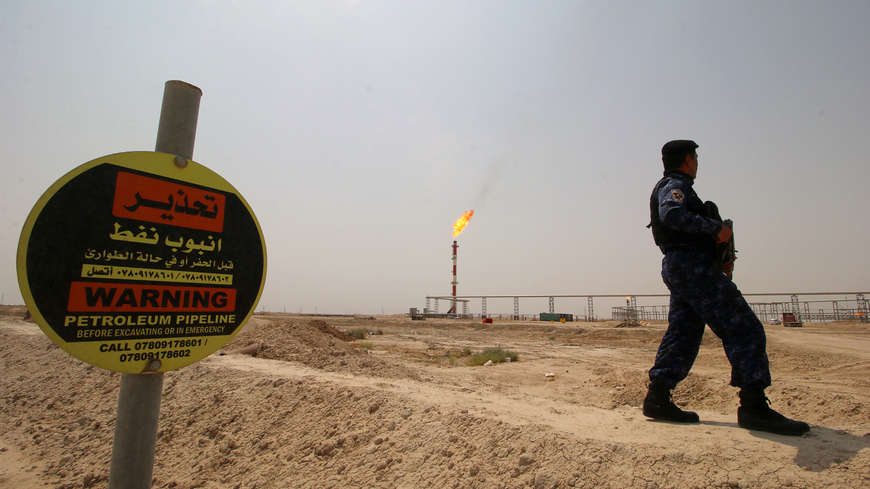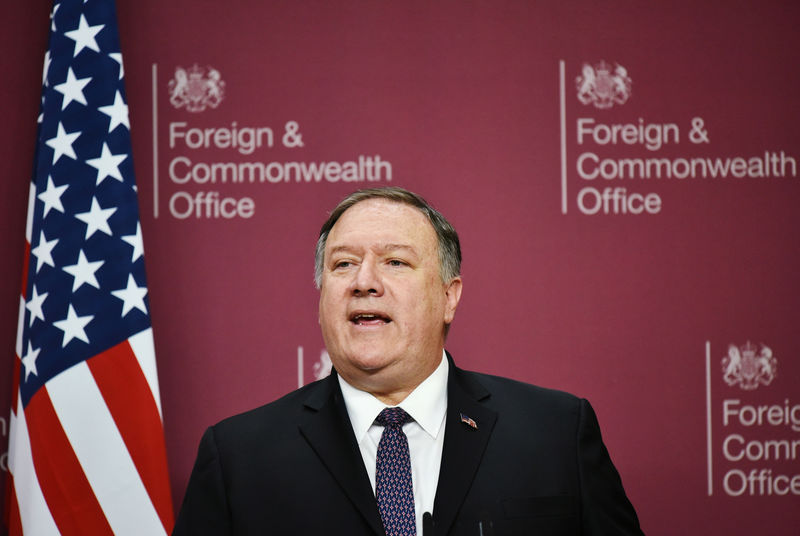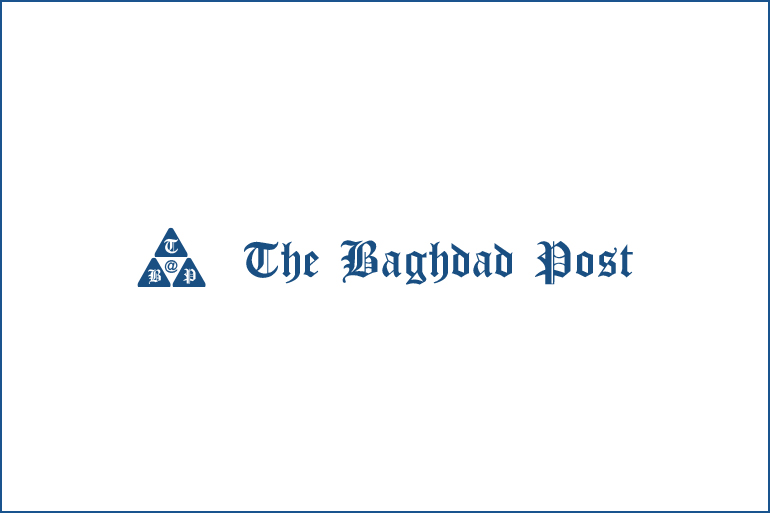This weekend, the Iraq Britain Business Council (IBBC) hosted its annual members’ retreat at Cumberland Lodge, Windsor Park, which was generously sponsored by Al Burhan Group.
As with previous years, it was very well attended by over seventy delegates, and allowed our members to mingle and network with representatives of other businesses, civil servants, and Iraqi government dignitaries.
Speakers and organisations represented included:
- Dr Falah Al Amiri, Advisor to the Ministry of Oil, Government of Iraq
- Dr Hameed Ahmed, Deputy Higher Education Minister
- Eng. Dara Rasheed, Deputy Minister of Housing, Construction & Municipalities
- Jon Wilks CMG, HM Ambassador to Iraq
- Beverley Simpson, Director, Department of International Trade (DIT) in Iraq
- Dr Victoria Lindsay, Director, British Council, Iraq
- Emma Sky, Director, Greenberg World Fellows Program, Yale University
- Nicolas Pelham, The Economist
- Professor Toby Dodge, London School of Economics
- Dr Renad Mansour, Chatham House
- Al Burhan Group
- Basra Gateway Terminal
- Bath Spa University
- BP
- Chevron
- Constellis
- ExxonMobil
- Financial Times
- G4S
- KBR
- Management Partners
- Mosul University
- OiLSERV Kuwait
- Petrofac
- Rolls-Royce
- Serco
- Shire Oak International
- Stirling Education
- Tube Tech International
- TurnKey LLC
- University of Dundee
- University of Liverpool
- University of Northampton
- University of Northampton
- University of Sheffield
- Wood Plc
Sessions included discussions and panels on the state of Iraq, contemporary Middle Eastern politics, meetings for our various sector tables (including oil and gas, and construction and infrastructure), economic development strategies for Iraq, and how higher education partnerships could be developed between the UK and Iraq. A biannual council meeting for representatives of our member organisations was also held.
Christophe Michels, Managing Director of the IBBC was happy with how the weekend went:
“As in previous years the Retreat has attracted some of the finest minds from business, academia, politics, media and diplomacy working on Iraq to conduct truly meaningful and intimate discussions”.
Baroness Emma Nicholson, President of the IBBC and the Prime Minister’s Trade Envoy to Iraq, Azerbaijan, Kazakhstan and Turkmenistan said:
“IBBC has had a fantastically happy and hugely productive busy weekend. We call it a retreat, but I am not sure what it was a retreat from! People were working morning, noon, and night, and they were making great achievements, and huge strides in the various different table meetings…one of the best I can ever remember”.
For more information on the Iraq Britain Business Council, visit our website at https://www.iraqbritainbusiness.org/
(Source: IBBC)

